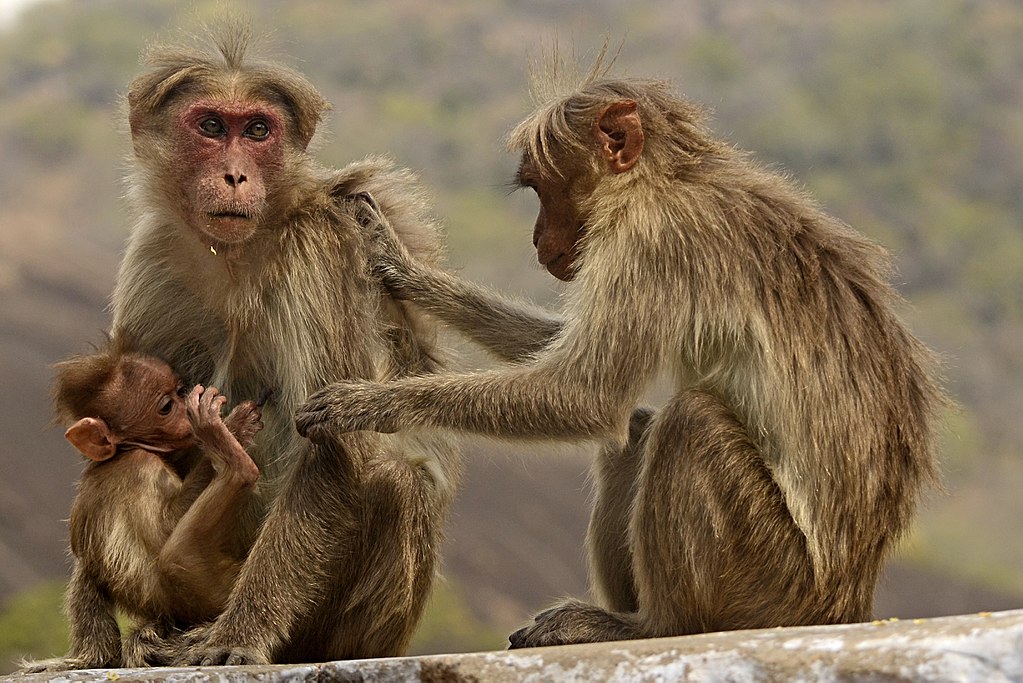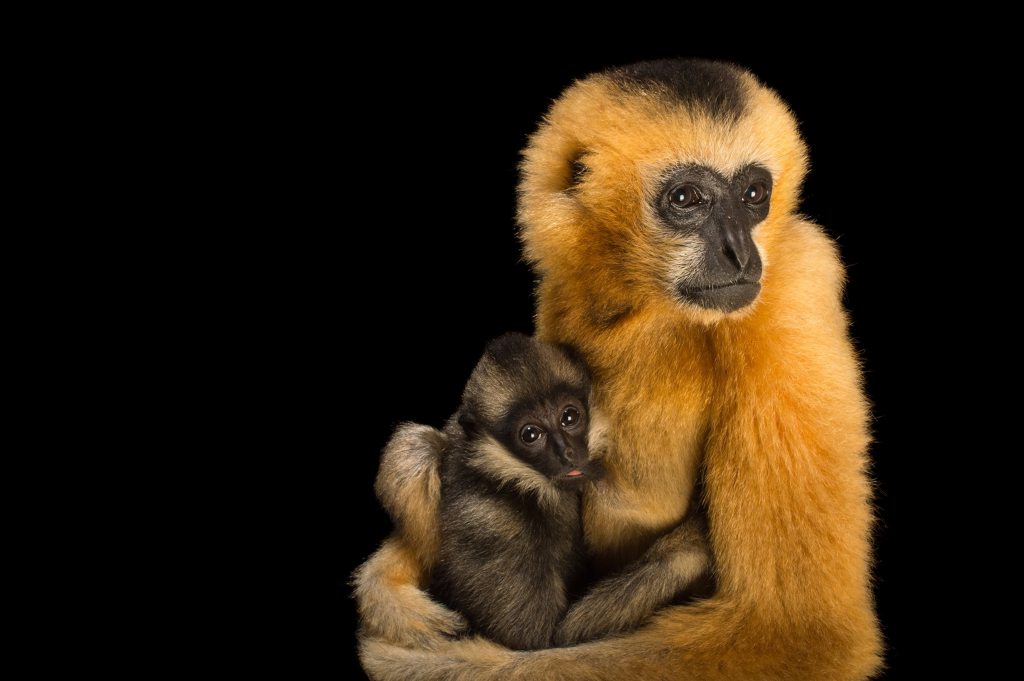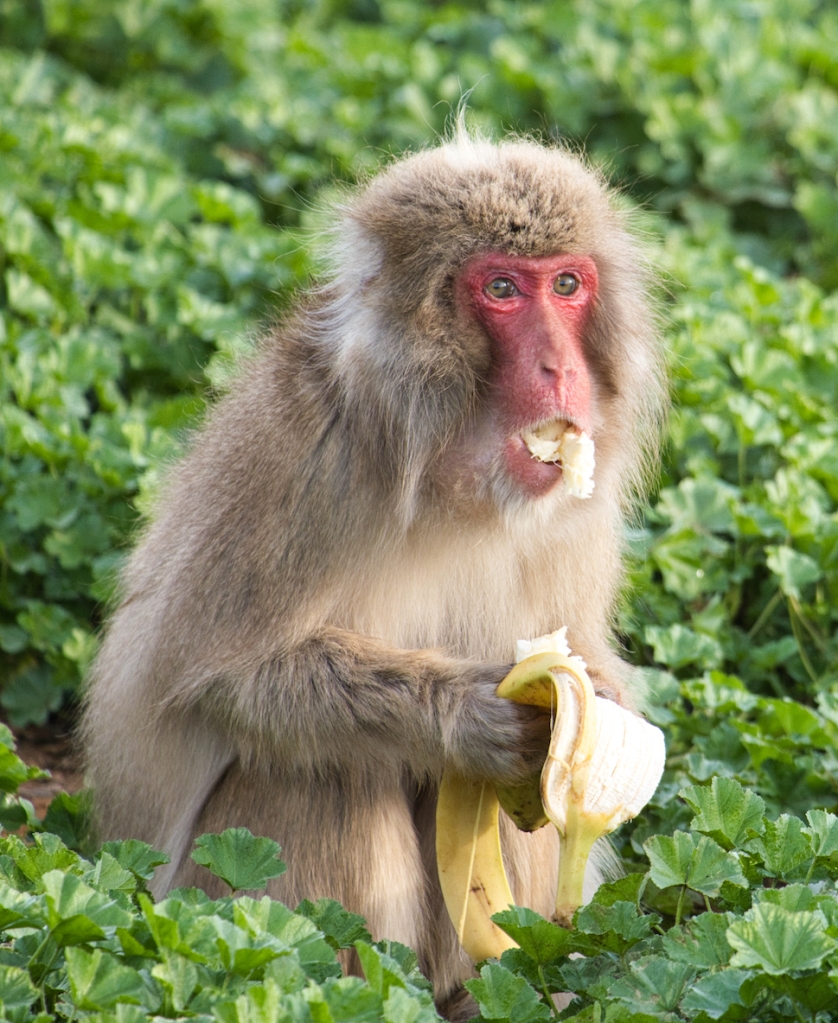Primate Studies
Why Do We Study Primates?
As our closest living animal relatives, nonhuman primates share many behavioral and cognitive traits with us. Assessing which traits are distinctly humans and which traits are shared across the primate family trait can give us insights into our own species’ evolutionary history and the origins of our cognitive and communicative capacities. Our lab focuses on exploring the development of primate social behavior, social interactions and social cognition from an evolutionary, developmental and cultural perspective. We do observational and non-invasive experimental work across several species in semi-naturalistic and wild settings.
our studies

This is a longitudinal study of the ontogenetic processes in which primate infants develop, ritualize, and possibly repair their gestural behavior. This is a cross species project including bonobo, chimp, gorilla, and orangutan infants.

Neuchâtel: Engagement in joint collaboration
The Neuchatel study is a collaborative project initiated by the Swiss University of Neuchatel, consisting of over 400 hours of data collected from primates and children. This research allows us to trace how engagement in joint actions develops within peers. It will also allow for comparison of behavior between the two groups to understand possible evolutionary connections.

Gibbon Cognition Project

